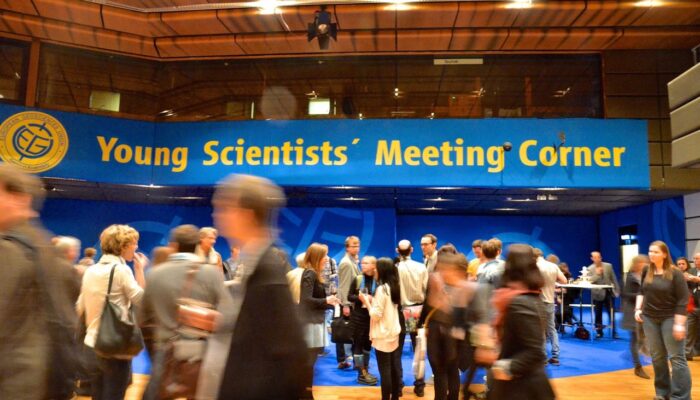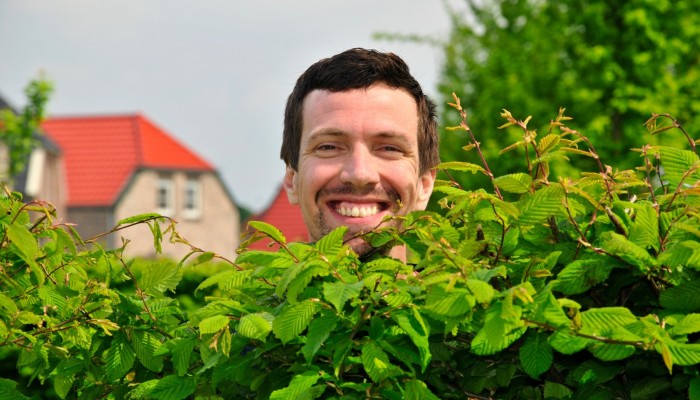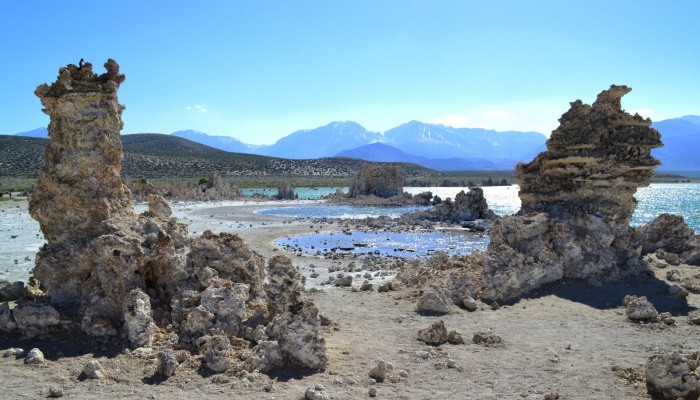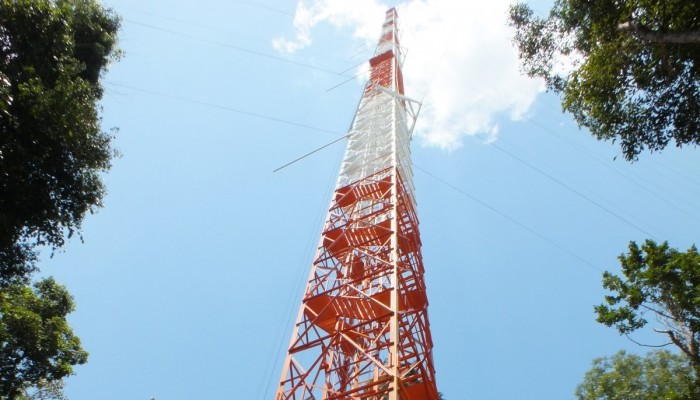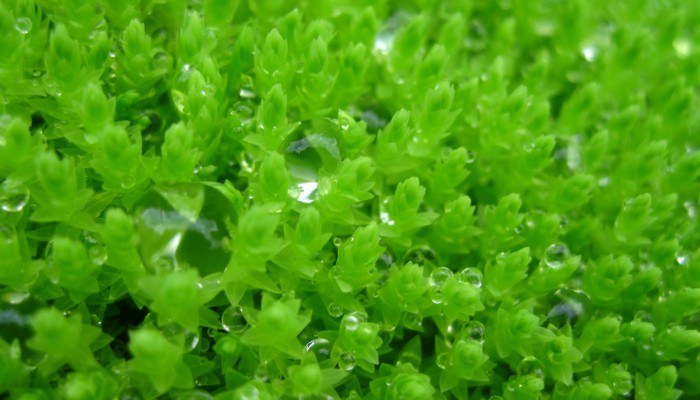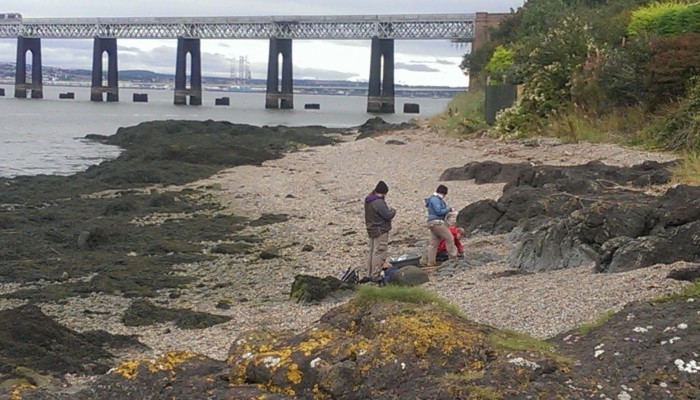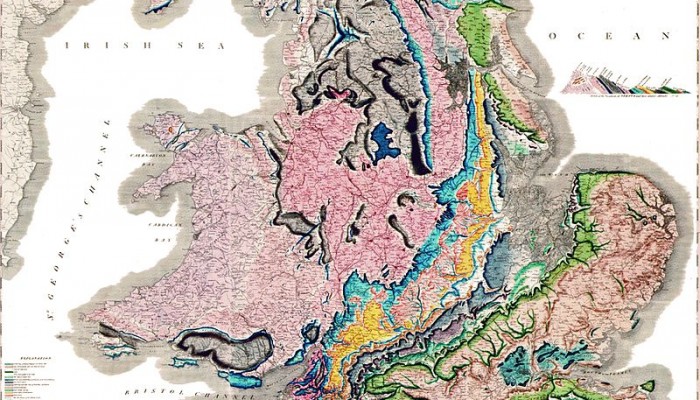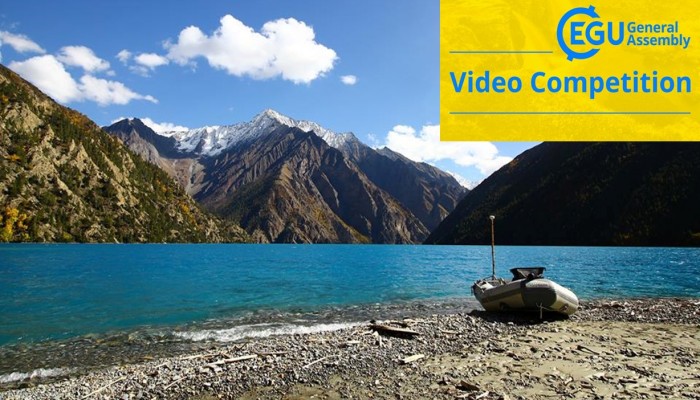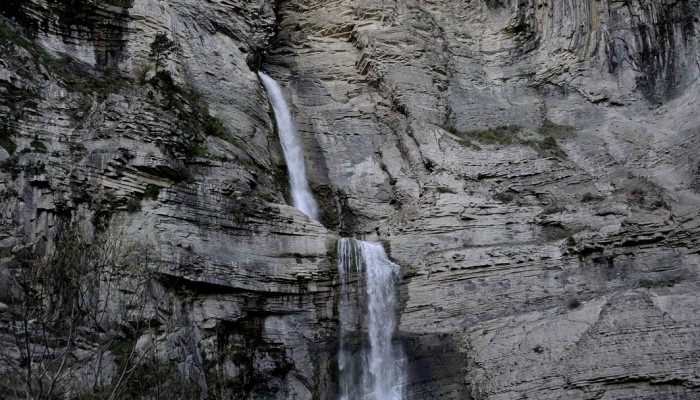Early Career Scientist representative for the Seismology Division Why not take your career one step further? The Seismology Division within the European Geosciences Union is looking for an enthusiastic person to take the role of Early Career Scientist representative for the young generation of seismologists. Making awesome science is very important, but the scientific community does not only need ...[Read More]
If you didn't find what you was looking for try searching again.
GeoLog
GeoTalk: Roelof Rietbroek, Early Career Scientist Representative
In addition to the usual GeoTalk interviews, were we highlight the work and achievements of early career researchers, over the next few months we’ll be introducing the Division early career scientist representatives (ECS). They are responsible for ensuring that the voice of EGU ECS membership is heard. From organising short courses during the General Assembly, through to running Division Blogs and ...[Read More]
GeoLog
Imaggeo on Mondays: Three coloured pools
With the Imaggeo Photo Contest opening last week, what better than feature one of the 2015 competition finalists as this week’s Imaggeo on Mondays image. In this post, Irene Angeluccetti, author of the photograph, writes about the threatened ecosystem of Mono Lake. If you’ve been inspired by Irene’s photograph, why not entre the photo contest for your chance to win a free registration to the Gener ...[Read More]
Geology for Global Development
Guest Blog: Exploring the Sustainable Development Goals at the University of Tübingen (Germany)
Solmaz Mohadjer and Sebastian Mutz, University of Tübingen researchers, recently designed and facilitated a seminar on the topic of Geology and the Sustainable Development Goals. Below, they share some results from their pilot implementation at the University of Tübingen, Germany. There is an African proverb that says “if you want to go fast, go alone. If you want to go far, go together.” The road ...[Read More]
Biogeosciences
Sky-scraping Biogeoscience at 325m above the Amazonian rainforest
“The outcome of this project will help us to understand the Amazonian forest system before we all destroy it completely” The Amazon Rainforest in South America represents the Earth´s largest rainforest, housing at least 10% of the world´s known biodiversity and consisting of more than 350 billion individual trees. Besides its large diversity in floral and faunal species, the Amazonian ...[Read More]
GeoLog
Imaggeo on Mondays: Emerald Moss
The high peaks of the Tien Shan Range, one of the biggest and largest mountain ranges of Central Asia, conjure up images of snowcapped peaks, rugged terrains and inhospitable conditions. Yet, if you are prepared to look a little further, the foothills of these towering peaks are a safe haven for life. Bulat Zubairov, a researcher at Humboldt University, takes us on a journey of discovery to the Il ...[Read More]
Geology Jenga
10 minute interview: Louise Hawkins at AGU 2015
It’s been a shamefully long time since I last posted, or carried out a 10 minute interview, for the blog. What better place to find willing recruits and interesting research to showcase than the largest annual gathering of geoscientists: the American Geophysical Union (AGU) Fall Meeting? For those of you who’ve been before, there is no doubt that attending the AGU Fall Meeting is a daunting experi ...[Read More]
GeoSphere
GeoPoll: Who do you think most deserves the title “Father of Geology?”
It’s been a while since the last geopoll/post. Too long. Life has been busy for me though. I am just concluding an extremely short post-doc at Health Canada’s Canadian Radiological Monitoring Network and am starting a new job at the Canadian Nuclear Safety Commission next week. Suffice to say blogging has sadly slipped a bit lower on my list than I’d like. Plus it’s hockey ...[Read More]
GeoLog
GeoTalk: Meet Zakaria Ghazoui, winner of the Communicate your Science Video Competition in 2015!
If you’ve not heard about our Communicate Your Science Video Competition before it gives early career scientists the chance to produce a video up-to-three-minutes long to share their research with the general public. The winning entry receives a free registration to the General Assembly the following year. In this GeoTalk interview, Laura Roberts talks to Zakaria Ghazoiu, a PhD student whose video ...[Read More]
GeoLog
Imaggeo on Mondays: A hidden waterfall
It’s fascinating how a relatively small outcrop, carved out by rivers and ancient ice, can reveal much about the geological history of an area. Today’s Imaggeo on Mondays post is one such example. Antonio Girona, a researcher at the University of Zaragoza, gives us a whirlwind tour of the geological history of the rocks revealed by the Sorrosal Waterfall, in Spain. The visit to the Sorrosal Waterf ...[Read More]

